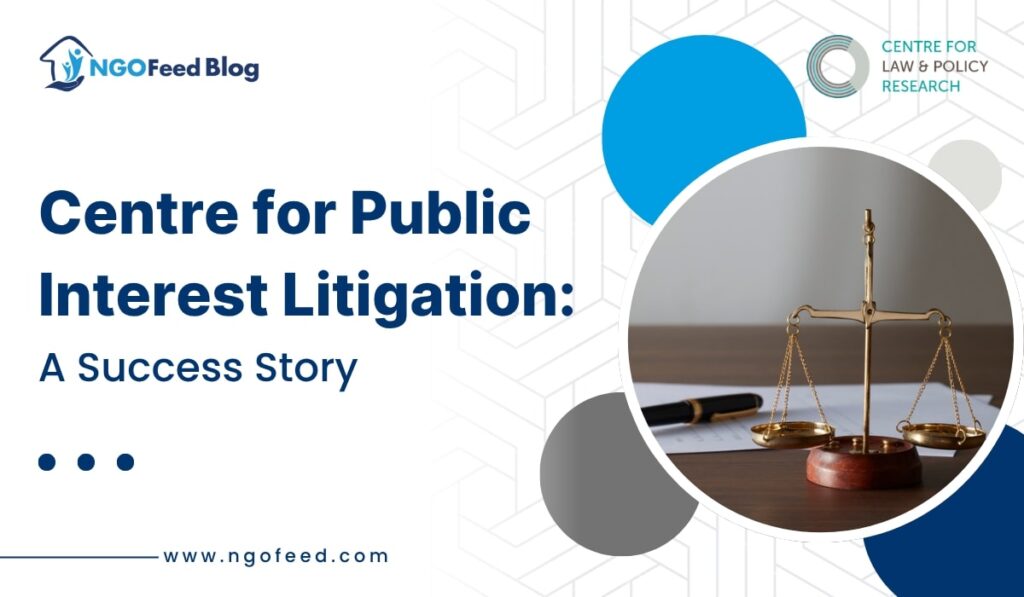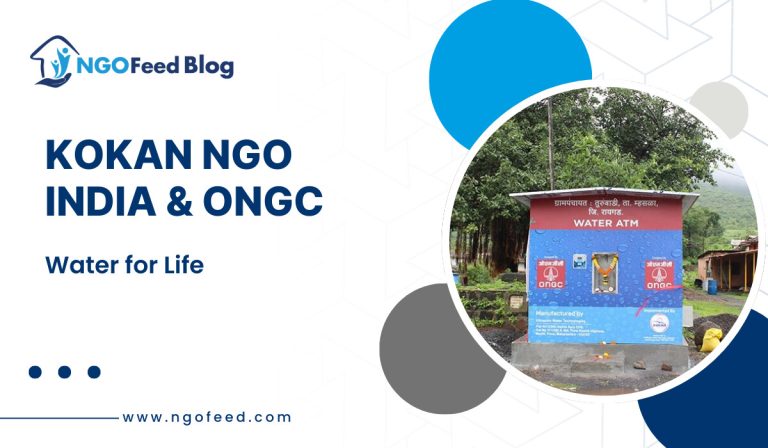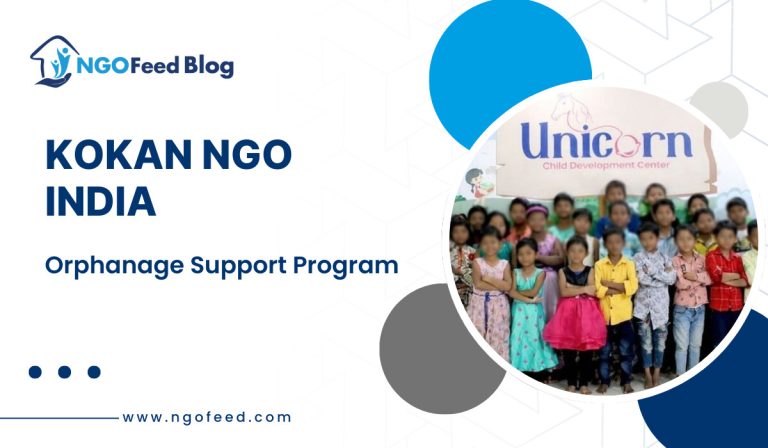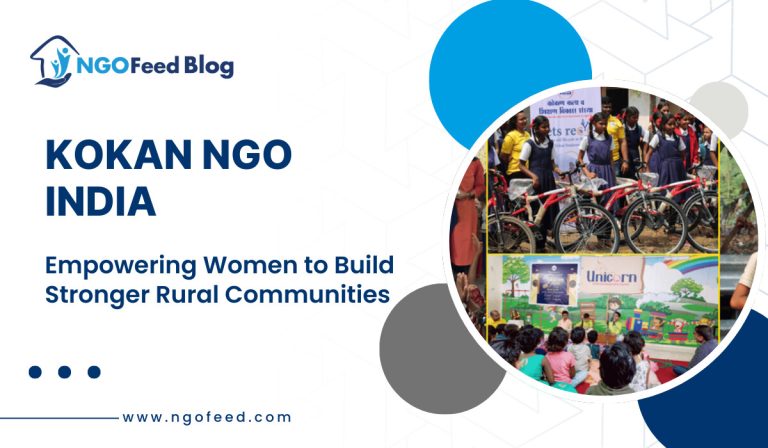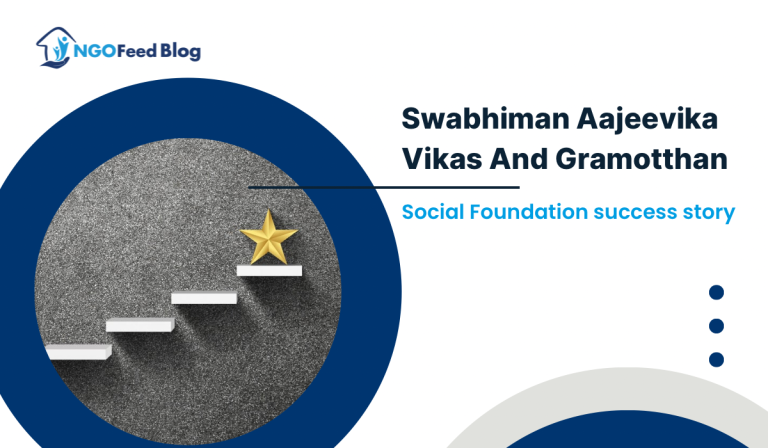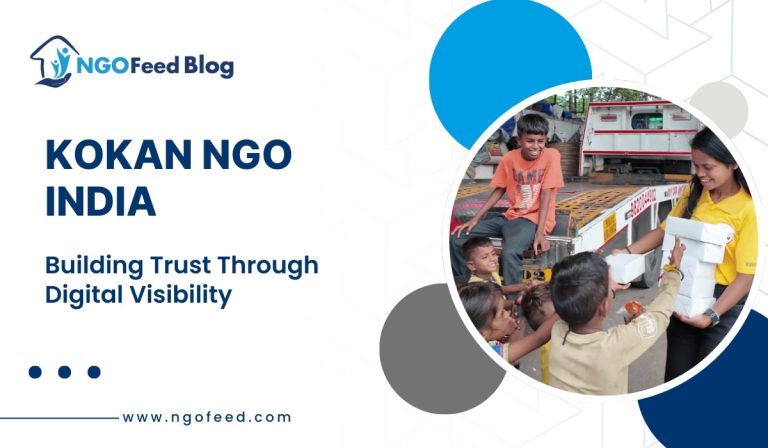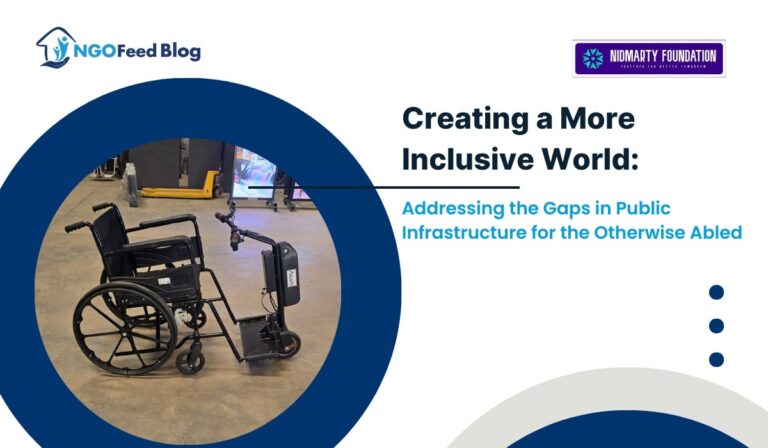Centre for Public Interest Litigation Success Story: CPIL is one of the strongest voices when it comes to social justice and constitutional accountability in India. It was founded to apply the law as an instrument to defend the rights of the disadvantaged groups and has led to some of the landmark cases that have transformed the Philippine government and the general policy. Contrary to the traditional legal proceedings, CPIL does not represent individual clients; rather, it adopts matters of general national interest, making sure that even those who are otherwise not able to penetrate the avenues of power get justice.
CPIL has grown over the years to become a leader in the field of promoting public interest litigation (PIL) as a strong tool of social transformation. Since blowing the whistle over high office corruption and as a front-runner in ensuring transparency, environmental protection, and human rights, its intervention has resulted in historic court rulings that have remained relevant in the Indian democratic landscape. Every success story is a story in itself of how legal advocacy acting on a spirit of the people can question systems of inequality that have become embedded in society, and call power to book.
Tracking the path and the achievements of CPIL, this paper emphasises that the use of collective legal action can empower democracy, safeguard the interests of the people and provide the voiceless with justice.
Table of Contents
From Vision to Action: The Birth of Centre for Public Interest Litigation
The Centre for Public Interest Litigation (CPIL) was established with a grand vision, which was to ensure the law was used as a weapon of justice by those who could not afford to confront the courts of power. When the common citizen was mostly kept quiet by corruption, inequality, and other systemic impairments, CPIL became a voice of the people within the court system. Unlike the traditional legal entities, it was never the representation of the individual interests; it was the representation of the people.
Key aspects of CPIL’s vision:
- Justice of the Disenfranchised: Making sure that the weaker members of society enjoyed the protection of the constitution.
- Accountability in Governance: Combating corruption and abuse of authority by the highest authorities.
- Emboldening Democracy: Making governments accountable to citizens through the means of Public Interest Litigation (PIL).
- Independent Advocacy: It is performed without any commercial or political influence and as a gesture of the overall good.
An idea quickly became a strong movement. The fearless advocacy made CPIL one of the most respected institutions of justice in India, which became the basis of the landmark cases and reforms to come.
Fighting for Justice: Landmark Interventions
The Centre of Public Interest Litigation (CPIL) was never afraid to take on the mightiest since its early years. It made the judiciary a place where the common good would overpower vested interests through well-selected cases. And every intervention was not merely a legal battle in court, but also a call for transparency, responsibility, and justice in political life.
CPIL has some of the most outstanding interventions, such as:
- 2G Spectrum Scam Case (2012): CPIL uncovered one of the biggest corruption scandals in India, which resulted in the Supreme Court cancelling 122 telecom licenses. The case became an icon of judicial activism on the level of high-rate corruption.
- Coal Block Allocation Scam (2014): CPIL petition showed irregularities in coal block allocations, which led to the Supreme Court quashing more than 200 coal block allocations and gave a new direction to the Indian resource management policies.
- Environmental Protection Cases: CPIL contributed to the cases that challenged to achievement of cleaner air, more stringent industrial regulations, and exploitative forest use.
- Human Rights and Civil Liberties: Other than corruption, CPIL has always struggled to protect the rights of the prisoners, ensure the rights of refugees and protect the marginalised communities.
Both cases not only revealed wrongdoing but also redefined the connection between governance and accountability. These interventions established a reputation for CPIL as a fearless democracy watchdog that is ready to confront even the strongest of institutions to deliver justice.
Turning the Tide: Victories That Shaped India
What is most important about the work of CPIL is not just the number of cases it contested but the victory it achieved that transformed the democratic narrative of India. Every decision made by its petitioning produced echoes–the reinforcement of faith in the institutions, and the awakening of the citizens to the belief that justice may triumph over long-established authority.
The governance of India and society has some historic triumphs that include:
- Enhancing Transparency in Governance: The cancellation of the 2G license and coal block grants was a strong signal that the Indian people cannot sell their resources under the carpet.
- Preservation of Public Resources: CPIL-influenced Supreme Court decisions guaranteed that natural resources such as spectrum and coal would be considered as national resources, and that such resources would be distributed fairly and predictably.
- Enhancing Green Responsibility: Winning pollution control and forest protection battles made industries and governments focus on sustainability rather than profit maximisation in the short term.
- Protecting the Rights of Citizens: Whether it was the right of prisoners to the dignity of their being or the basic rights of refugees, the victories of CPIL made people understand that the Constitution is the right of all, not only to the elite.
These triumphs reversed the tide of corruption, negligence and injustice and demonstrated how ardent prosecution can create a revolution in the system. More importantly, they provided citizens with hope that the rule of law will still be alive and will be able to protect democracy at the most crucial moment.
Legacy of Change: Inspiring Future Action
The history of the Centre of Public Interest Litigation (CPIL) is not merely a success story of lawsuits won, but a history of bravery, responsibility and devotion to the greater cause. CPIL has demonstrated the way that law can be used as an agent of empowerment of a whole nation by persistently asking questions about corruption, defending the marginalised, and demanding systemic change.
The long-term legacy of CPIL is that it has:
- Redefining Public Interest Litigation: It showed the way PILs could be strong tools of social justice.
- Ensuring Democratic Accountability: CPIL enhanced the trust of the citizens in the judiciary by making the people in authority accountable.
- Empowering Civil Society and Non-Governmental Organisations: It is still inspiring other organisations to rights-based advocacy and fearless activism.
- Promoting Citizen Engagement: The examples of CPIL make regular citizens remember that by making their voices heard, their voices organised via the law and advocacy, they can make a difference.
With India still struggling to address emerging issues of governance, human rights, and environmental justice, the story of CPIL is both an inspiration and a call to action. It shows that tremendous change can take place when vision is combined with persistence–and when justice is put at the centre of group action.

